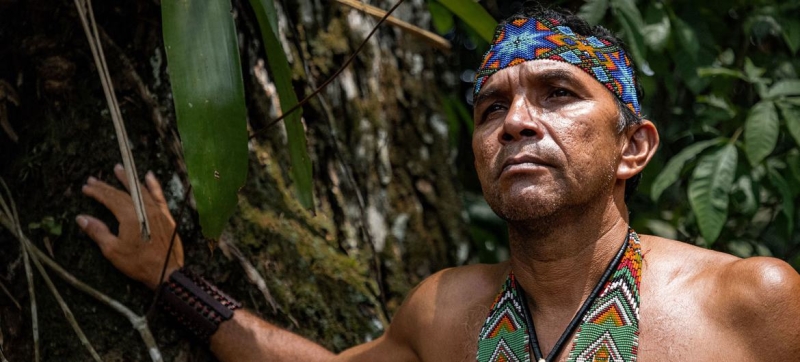
About 200 indigenous groups live in voluntary isolation and initial contact. The world celebrates International Day of Indigenous Peoples Culture and Education
On August 9, the world celebrates the International Day of Indigenous Peoples. This year’s theme is the protection of the rights of indigenous peoples in conditions of voluntary isolation and first contacts.
There are currently about 200 indigenous groups in voluntary isolation and initial contact. They live in remote forests rich in natural resources in Bolivia, Brazil, Venezuela, India, Indonesia, Colombia, Papua New Guinea, Peru, and Ecuador. These groups prefer to live apart from the rest of the world, and their mobility allows them to gather and hunt, thereby preserving their culture and languages. Indigenous peoples depend on the ecological environment, and any changes to the natural habitat can pose a threat to the entire community.
Isolated indigenous tribes deliberately avoid civilization. Each community has its own reasons: some want to preserve their autonomy, others want to protect their culture and languages.
Caring for Biodiversity
In an interview with the UN News Service, South American indigenous representative Dario Mejía Montalvo, a member of the United Nations Permanent Forum on Indigenous Issues, warned of the need to balance the relationship between industrial groups and indigenous peoples.
“Indigenous peoples around the world have ensured the permanence of their territories and the care of biodiversity because they have a knowledge system, a direct connection to the territory, and this system is different from the modern model based on capitalism and resource extraction,” he says. “Any impact on biodiversity in indigenous territories affects not only their rights and the integrity of their culture, but also the rest of humanity.”
Threats and risks
One of the most serious threats to indigenous peoples living in isolation from outside contact is vulnerability to disease. Because of their isolation, they do not have the immunological protection to fight common diseases. Contact with the outside world can have devastating consequences and destroy entire tribes.
Agriculture, mining, tourism and the search for natural resources in indigenous territories lead to deforestation of their lands, disrupting their way of life and the natural environment that they have protected for many generations.
Defenders of forests and cultural diversity
Indigenous peoples in conditions of voluntary isolation are the best defenders of the forest, the UN notes. Therefore, the organization emphasizes the need to ensure the rights of indigenous peoples: where their collective rights to lands and territories are protected, forests literally flourish. Their survival is also important for the preservation of cultural and linguistic diversity on the planet.
